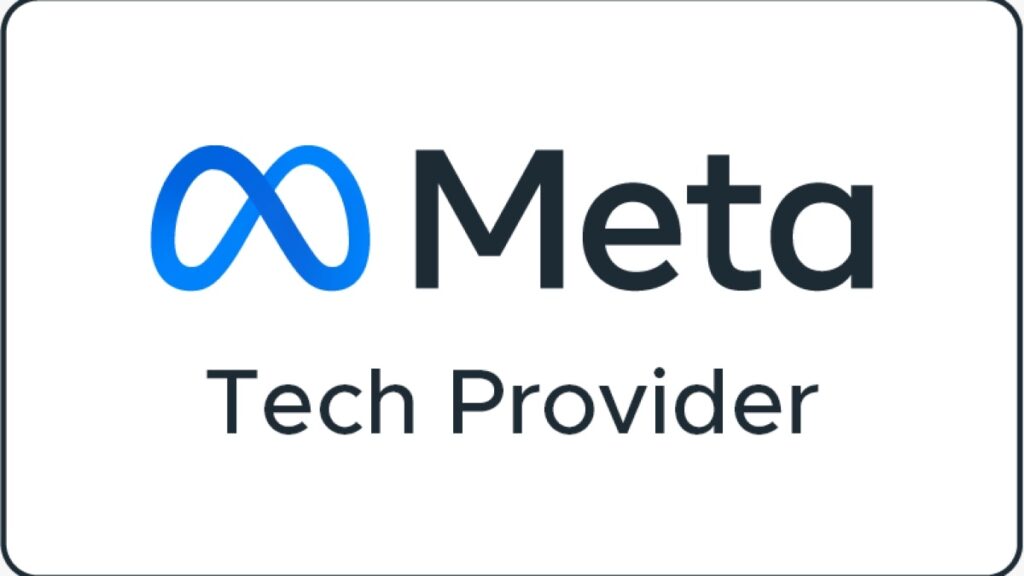Currently the hospitality industry is suffering massively with labor shortages after the COVID 19 pandemic. The problems are high staff turnover, wage increases and lack of experienced workers. Instead of hiring additional people, businesses need to be thinking about strategies that are adaptable to changing market demands, employee expectations and operational demands. Chatbot and Smart Framework are got to solution for immproving employee satisfaction and efficiency.

What is Causing Labor Shortages?
The hospitality sector struggles to fill more than 1 million jobs in Europe alone, and around the world. Key challenges include:
High Staff Turnover: Employees leaving means it disrupts operations.
Skill Gaps: Low service quality is associated with a shortage of trained staff.
Rising Wages: Paying more is also becoming a pressure on businesses and it is taking away from their profits.
Changing Preferences: Many hospitality roles don’t yet offer jobs that are flexible and meaningful, which younger workers prefer.
A Guide to Building a Strong Workforce
Here are practical ways businesses can address these challenges:
1. Simplify work with Technology
Technology like AI chatbots and automated systems can take over repetitive tasks, leaving employees free to focus on more important duties.
Steps to Take:
-
Add chatbot software like Converse AI to handle guest inquiries and bookings.
-
Plan shifts better and cut inefficiencies using workforce tools.
-
Make routine tasks such as inventory checking and data entry automated.
Example: When hotels installed automated check in kiosks, they decreased front desk workload by 30%.
2. Improve Employee Experience
Employees that are happy tend to stay. Made hospitality jobs seem better by offering better working conditions, training and flexibility.
Steps to Take:
-
Offer training programs and career development.
-
Use chatbot for business tools to gather employee feedback and improve their experience.
-
Give them mental health support and fair pay, together with set flexible schedules.
Example: And happier guests: Hotels with strong employee programs experienced 20 percent less turnover.
3. Diversifying Hires from Diverse Talent Pools
Check out other groups, such as older workers, international candidates, or people with disabilities.
Steps to Take:
-
Reach out to groups who support inclusive hire.
-
Make on boarding programs to ease new employees’ adjustment.
-
Take advantage of government hiring incentives for particular demographics.
Example: An Australian hotel chain solved labor shortages by hiring retirees to work part time.
4. Work with Hospitality Schools
Traning future employees can be done by partnering with schools and universities.
Steps to Take:
-
Provide internships and apprenticeships.
-
Offer post graduate scholarships to attract talent.
-
Prepare students for real world jobs by collaborating on certification programs.
Example: Hotels that were partnered with universities had 40 percent higher retention rates for their new hires.
5. Be Flexible with Staffing
Staffing is unpredictable because of seasonal changes. To meet the needs of businesses that require agile solutions to adjust staff levels quickly, we have developed a solution.
Steps to Take:
-
Find on demand workers through gig platforms.
-
Train your employees to do other jobs.
-
Rely on tools like AI chatbots to assist during peak times.
Example: During the off season, a Southeast Asian resort used predictive tools to save 12% on staffing costs.
The Role of Technology in Workforce Resilience
Smart tools like chatbot software and AI chatbots can make operations smoother while improving the employee experience.
Examples of Technology:
-
AI Chatbots: Answer guest queries, help book, and release staff for complicated tasks.
-
Employee Platforms: It tracks employee growth and performance.
-
E-Learning Tools: Provide online training for skill development.
Conclusion
The hospitality industry is a sector that has to solve the problem of labor shortage and adapt to new strategies. By using tools like chatbot for business platforms, improving work environments, and hiring inclusively, businesses can create a stable and innovative workforce.
It’s a time for long game planning. During difficult times, a combination of technology and sound strategies will help the hospitality sector succeed.

